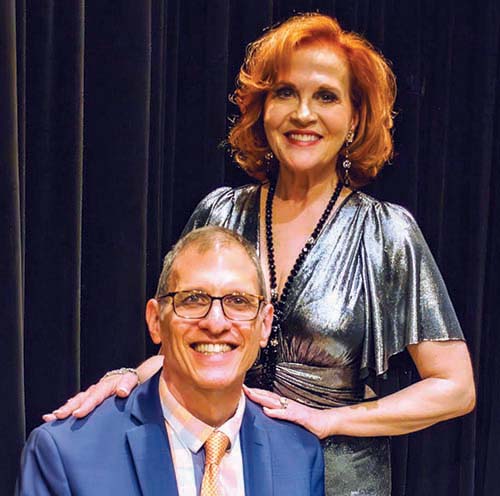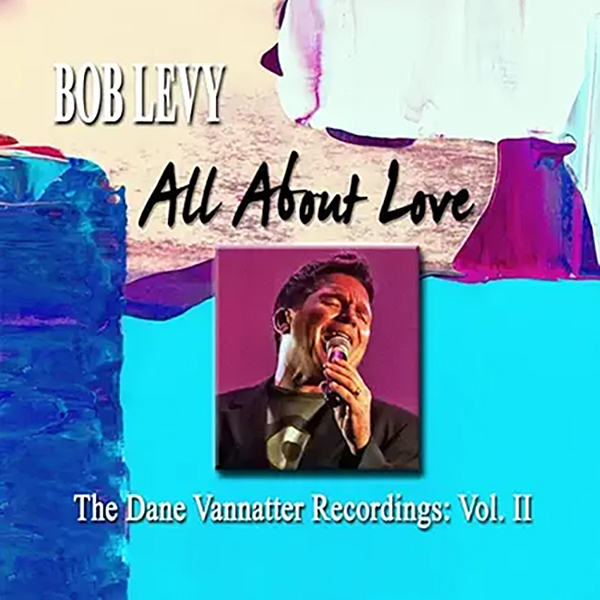Anna Bergman
The Song Is You
Arts Club of Washington, Washington, DC, March 30, 2024
Reviewed by Michael Miyazaki

Photo: Courtesy of Capital Cabaret, Inc.
With flaming red hair, draped in décolleté silver lamé, and dripped in jet beads, Anna Bergman was a knockout. So was her show The Song is You presented at the National Capital Cabaret Festival.
The evening took the audience on a musical world tour from soprano Bergman’s point of view. A combination of “You and the Night and the Music” and “The Song Is You” provided a lovely, welcoming opening to the show. There were Viennese waltzes (“By Strauss”), French movie music (“I Will Wait for You”), and Italian opera. In an early highlight, Bergman saluted Marlene Dietrich’s contribution to the Allied effort in World War II. Dietrich had recorded German-language versions of American popular songs, and Bergman torched her way through a Dietrich-influenced bilingual rendition of “Mean to Me.”
Sopranos face the double-edged sword of being able to produce sounds that are thrilling, but often their words and intentions obscured by those sounds. Bergman clearly communicated the texts of her songs and maintained a connection with her audience throughout gorgeous vocalizing. Tellingly, when she sang the Francesca Blumenthal and Addie Fieger bit of dating advice “Museums,” the crowd was dialed in to every witty nuance.
Similarly, her show was a case study in how to incorporate non-English material. The first time she delved into non-English material, she previewed the lyric for the audience in English before launching into German. For other songs, she switched between English and another language within the song. She illustrated that singing in a foreign language gives performers the freedom to express emotion without having to convey information. By the time she sang “Doretta’s Song” from La Rondine in Italian, the audience could relax and thrill to the material she was presenting. Bergman ended the show with a sequence of “I Wish You Love” and “I’ll See You Again,” giving a metaphorical and physical good-night kiss to the audience.
The show featured material contributed by a number of top-notch arrangers: Alex Rybeck, Peter Howard, Lee Musiker, Joseph Thalkin, and Bergman’s music director/pianist for the evening, Howard Breitbart. It was Breitbart who brought a cohesion to the various styles and provided ideal musical support for Bergman throughout the show.





